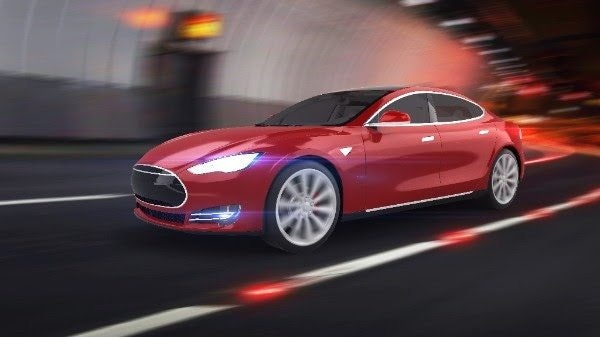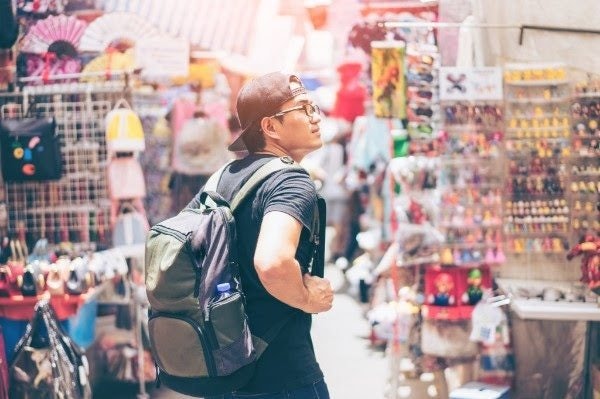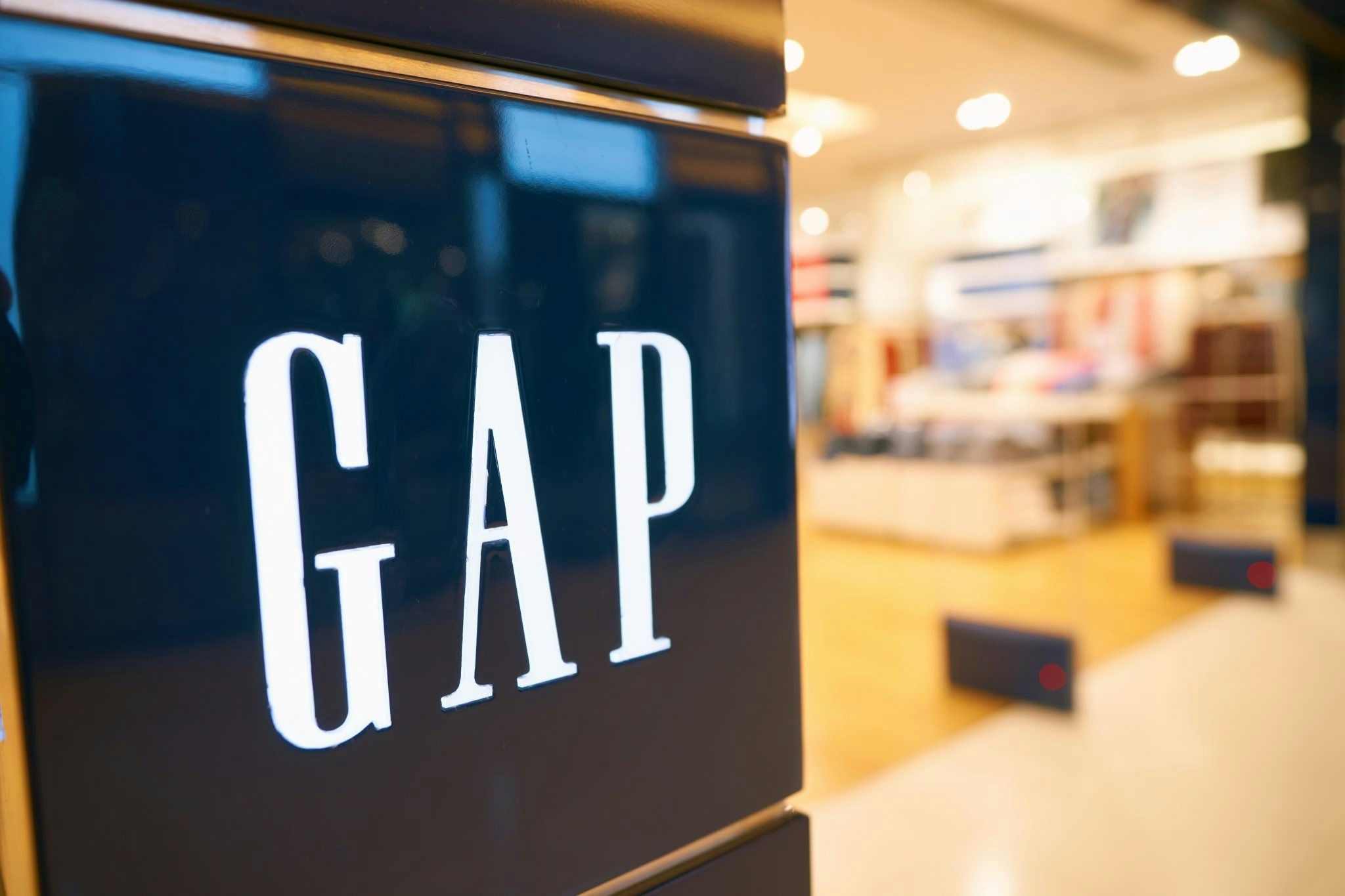In The Review, we round up breaking news discussed in our daily newsletter, The Daily Brief. This week, we discussed:
- Yoox Net-a-Porter's potential partnership with Alibaba,
- The Chinese Government taking charge on Blockchain development,
- Gap's apology to China after map design blunder,
- Tesla setting up a wholly-owned subsidiary in Shanghai, and
- China's insatiable appetite for luxury travel shows no signs of showing

Monday, May 14#
Italian luxury e-tailer Yoox Net-a-Porter announced today that the company would be open to a deal with one of China's online retailers. Despite originally claiming they hoped to grow organically in China, YNAP's recent buyout by Swiss-luxury group Richemont has accelerated the company's Chinese ambitions, claiming a deal with a Chinese e-commerce platform is likely. E-tail giants Alibaba, WeChat and JD.com are all considered potential partners for Yoox Net-a-Porter.
Last year we reported on rumours surrounding a prospective partnership by Yoox Net-a-Porter and Alibaba Group, following the landmark deal between JD.com and leading British luxury site Farfetch. Click here to read more on the potential partnership.

Tuesday, May 15#
Today the Chinese government announced a new platform designed to offer regular detailed assessments of how global companies are using Blockchain technology. The move marks a turning point in the Chinese government’s attitude to Blockchain, who had previously been strongly opposed to the technology. China is the number one filer of Blockchain patents globally, and the government is now seeing its integration as a way of driving luxury innovation.The official release date for the inaugural monthly Global Public Chain Assessment Index will be announced in the coming days. Click here to read more on how Blockchain technology can make luxury more lucrative.

Wednesday, May 16#
Today US retailer Gap issued an apology to China, after selling a t-shirt featuring an 'incorrect' map of the country. The design featured just the mainland and not the territories that China also claims, including Taiwan, islands in the South China Sea, and South Tibet. Hundreds of complaints were posted on Chinese social media Weibo, after a photo of the t-shirt - currently only sold in Canada - made its way on to the site. In a statement, Gap sincerely apologized for its "unintentional error" stating that the company fully respects China's sovereignty. Earlier this year, Marriott also issued an apology to China, following the luxury hotel chain listing Tibet, Taiwan, Hong Kong and Macau as separate countries on its website. Click here to read more on how the blunder serves as a warning for other international businesses.

Thursday, May 17#
According to Chinese finance media outlet Yicai, Tesla has set up a wholly-owned subsidiary in Shanghai, suggesting its full steam ahead for the electric car company's investment in China. The report surfaced in a database of nationwide company information, claiming May 10 saw the registration of Tesla Shanghai Co. Ltd, with a capital of 15.8 million dollars. Amid the China-US trade war, Tesla's registration comes after China announced last month it would relax its rules requiring foreign car manufacturers to go into business with local partners. As of yet, Tesla has refused to comment.
China is currently the world's biggest market for electric cars, yet Tesla holds just 8.6 percent of the market share. Click here to read more on how Tesla's new roadster model will make a difference for the company in China.

Friday, May 18#
China's insatiable appetite for luxury travel shows no signs of showing, as an article released by The Economist today investigates. The report comments on Bicester Village, Value Retail's most lucrative shopping outlet, that hosts brands like Prada, Gucci, and Versace. China represents 50 percent of the total Tax-Free Sales at the designer shopping village, with 60 percent of Chinese visitors to the United Kingdom spending time there.
Later this year, Value Retail will rebrand its 11 villages from Chic Outlet Shopping to The Bicester Village Shopping Collection. Click here to read Jing Daily's article with Value Retail Chairman Scott Malkin on targeting $1 billion dollars in Chinese spending in 2018.
